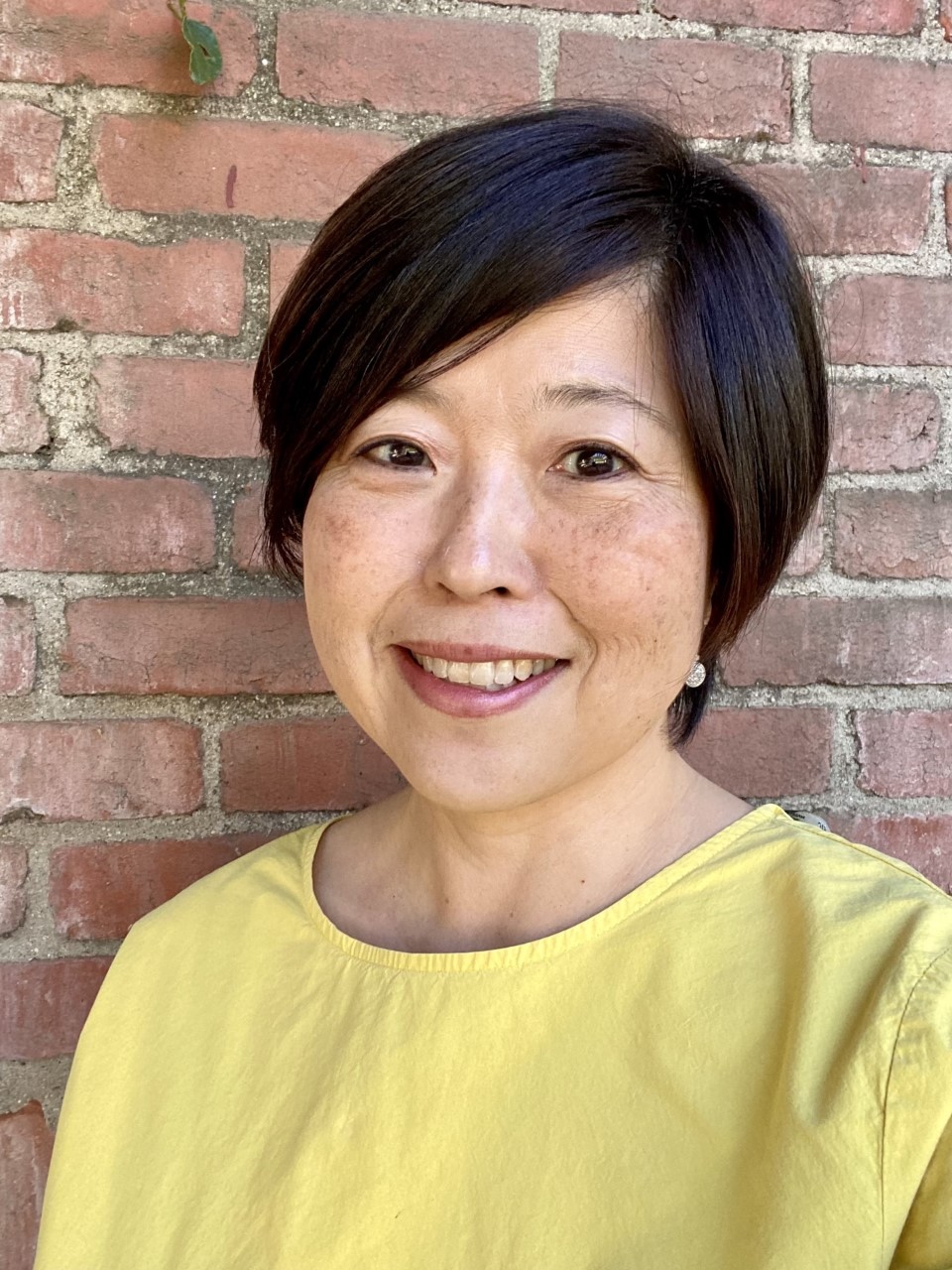This blog is part of our Mennonite World Conference Indonesia 2022 Assembly series.
 Sue Park-Hur is the director of racial/ethnic engagement for Mennonite Church USA. Park-Hur co-directs ReconciliAsian, a peace center in Los Angeles, California, specializing in conflict transformation and restorative justice for immigrant churches. A former co-lead pastor and co-church planter, her passion is to see the church living out the shalom of the gospel. Park-Hur is trained in Intercultural Development Inventory and is a Strategies for Trauma Awareness and Resilience (STAR) practitioner.
Sue Park-Hur is the director of racial/ethnic engagement for Mennonite Church USA. Park-Hur co-directs ReconciliAsian, a peace center in Los Angeles, California, specializing in conflict transformation and restorative justice for immigrant churches. A former co-lead pastor and co-church planter, her passion is to see the church living out the shalom of the gospel. Park-Hur is trained in Intercultural Development Inventory and is a Strategies for Trauma Awareness and Resilience (STAR) practitioner.
___________________________________
Coming together as a global church is beautiful and complex. Traveling to the other side of the globe, with multiple long and delayed layovers, during the pandemic, was arduous, but it was beautiful to finally gather in Indonesia with other global Anabaptists for the Mennonite World Conference Assembly. We came together, interconnected in our longing to relate in our shared faith convictions, and trusted the Holy Spirit to use our differences to widen what it truly means to have “koinonia,” or fellowship with one another.
One of the highlights for me was the opening ceremony at STT Seminary in Salatiga. Like many Asian cultures, Indonesia values hospitality. So a significant amount of time was set aside for formal welcoming greetings by denominational and national leaders from the host country. One of these greetings stood out to me: a greeting from Dr. Paulus Widjaja, an Indonesian Mennonite theologian who was the National Advisory Committee chairperson.
Dr. Widjaja began his greeting with a timely pandemic message, “Do not be afraid.” He said, this is the very message that Jesus gave to his disciples.
The following are excerpts from Dr. Paulus Widjaja’s greeting:
“Fear is the greatest enemy of all. In our communities around the world,
- We are afraid of losing our church members, therefore we reshape our churches to be centers for entertainment rather than communities of disciples.
- We are afraid of becoming poor, therefore we exploit the earth to feed our greed.
- We are afraid of being a minority in our societies, therefore we deny hospitality to foreigners and strangers who come to our countries in need.
- We are afraid of death, therefore we demand guns and other tools of violence in our hands so that we can kill those whom we perceive as a threat to us.
- We are afraid of losing power and control over others, therefore we exclude those of different ethnicities, religions, social statuses, and even those of different sexual orientations and gender identities
“We need to remind ourselves again and again what Jesus told us two thousand years ago, ‘Do not be afraid.’ …
“As members of the Anabaptist-Mennonite family, we have learned that hospitality is one of the main virtues that we all hold dearly and have strived to practice since our first Anabaptist ancestors in the 16th century. We need to offer unconditional hospitality. A hospitality where the host and the guest stand on the same and equal footing. There is only one set of rules for all; the host and the guest alike. The guest can even change roles and become the host (Derrida 2000), as Jesus did to Zacheus. And as the conversation continues, the roles of the host and the guest can be interchanged so that a true and genuine conversation, konvivenz, can take place between them (Yong 2008). It is that kind of hospitality that will enable us to cross all barriers, whether ethnicity, religion, denomination, nationality, sexual orientation and gender identity, and so forth and so on. But to open up our arms and offer hospitality so that we can embrace others and the earth, we must be willing to be vulnerable. …
“Let us be vulnerable as Jesus was and is, so that we can embrace all our siblings from across God’s world and this earth, no matter how different they may be from us. We need to learn from the ecosystem, that it is precisely our diversities that hold us intact together. We are even baptized by water, so that we, human beings, and the earth can embrace each other and be integrated into each other, not destroy each other.
“It is not enough to claim unity in diversity. We should be able to go beyond that to claim diversity for unity.
“I do not say that we have to embrace one another carelessly and uncritically, without any judgment at all. But I do say that the judgment should not come from a priori, from before we learn to be together. As the experience of living together here in this diverse nation of Indonesia shows us every day, crossing barriers is not about ‘cheap tolerance,’ which requires little effort or commitment, but it is about creating space and time for others, about participating in hospitality.
“That is the way that Jesus has demonstrated. He embraces us, and creates a space and time for us, while we are yet sinners. And that same Jesus is also the One who is now calling us, ‘Follow me’ (Matthew 4:9 NRSV). So let us set out together, Following Jesus Together Across Barriers. Berkah Dalem (God bless).”
For Dr. Paulus Widjaja’s full speech, click here.
The views and opinions expressed in this blog belong to the author and are not intended to represent the views of the MC USA Executive Board or staff.
Interested in submitting a blog on this topic for Menno Snapshots? Please see our blog guidelines here.

